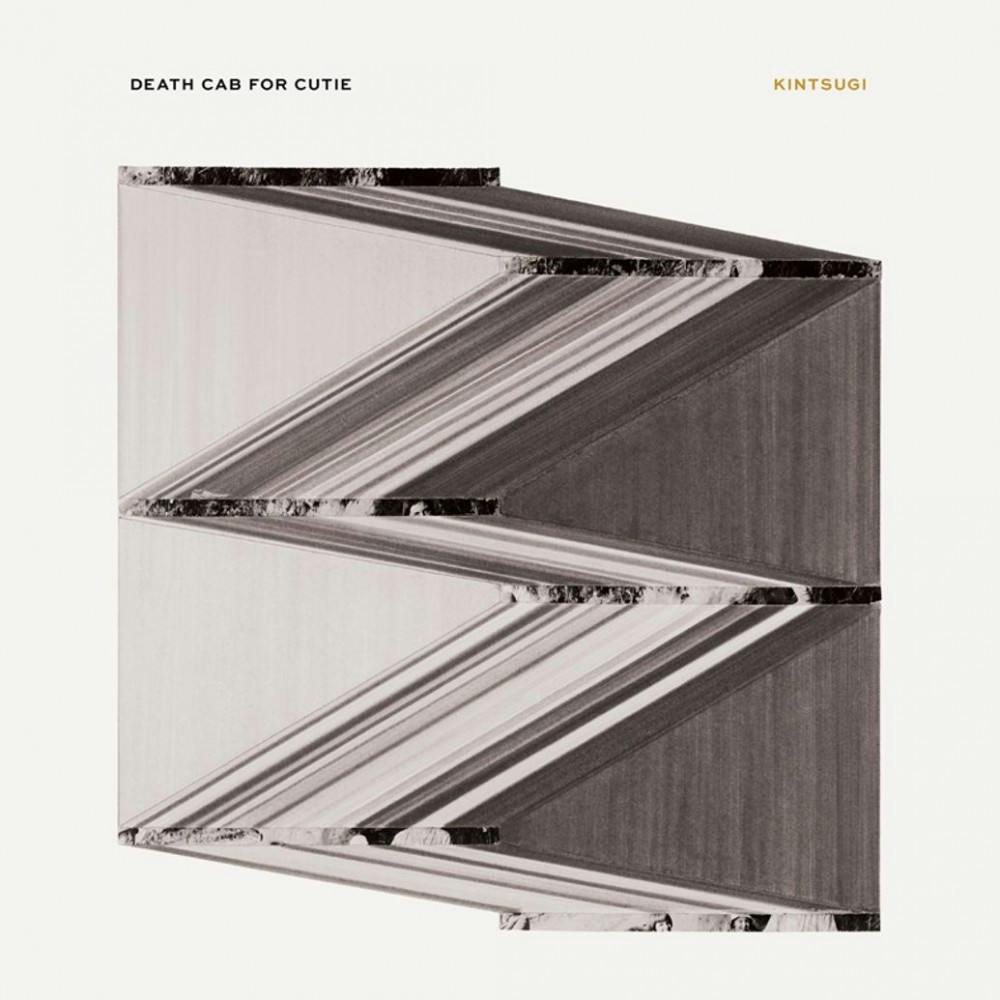Death Cab for Cutie’s eighth studio album “Kintsugi” truly emanates the Japanese art it is aptly named after — the reparation of broken pottery with a lacquer mixed with precious metals, which ironically makes the broken object more valuable than fully intact ceramics. As a philosophy, “kintsugi” embraces an object’s flaws as a part of its history rather than something to be hidden.
Death Cab has experienced some heavy emotional losses since the 2011 release of their last album, “Codes and Keys.” In four years, lead guitarist and songwriter Chris Walla left the band after 17 years as a member, and lead singer Ben Gibbard and actress Zooey Deschanel separated after two years of marriage.
Although Walla officially declared his departure from the band in the summer of 2014, he remained active throughout the conception of “Kintsugi” and played on every song on the record, which for the first time in Death Cab history, was not produced by Walla. Instead, Rich Costey took on “Kintsugi,” the album that brought the band back to their beloved original style that was lost on “Codes.”
Starting off the album with “No Room in Frame,” Gibbard appropriately sings, “I don’t know where to begin,” bracing his audience for a long story. The first track of the record sets the mood well as it’s clearly a breakup song containing layers of emotion. Each verse reveals unpleasant memories of a failed relationship underlain with strangely upbeat instrumentation, creating a cynically hopeful tone. With lyrics elaborating on fading love and a partner who has become engulfed in her own fame, “No Room in Frame” and most of the record’s remaining tracks, seem to take jabs directly at Deschanel: “Was I in your way / when the cameras turned to face you? / No room in frame / for two.”
The first track isn’t the only one that alludes to a lover’s infatuation with her own stardom. Six songs later in “Everything’s a Ceiling,” Gibbard sings to his unnamed ex-lover, “every telescope you see / was pointed only at you.” More clearly in the ninth track, “El Dorado” — the title itself a euphemism for some place of remarkable wealth or opportunity — the theme continues as Gibbard sings, “seems you finally found […] El Dorado,” once again on top of uplifting instrumentals.
The album’s lead single and second track offers a darker, more unforgiving tone. Slowing down quickly after the hopeful “No Room in Frame,” “Black Sun” features more complex lyrics, Gibbard’s poetry once again highlighting a diminished love: “There is whiskey in the water / and there is death upon the vine.” These opening lines describe some pure, natural image — water, a vine — and taint them somehow, in this case with poison and death. Perhaps this metaphor is once again in reference to fame, something toxic enough to ruin a relationship. The song’s chorus features a stinging, grounding rhetorical question, “How could something so fair / be so cruel?” Later, Gibbard sings, “There is an answer in a question,” directly alluding to this frequently-repeated line, refusing to solve his riddle for listeners.
“Little Wanderer” and “You’ve Haunted Me All My Life” each describe a growing distance between ex-lovers. “Binary Sea” and “Good Help (Is So Hard to Find)” directly refer to the process of divorce, the former more centered around the emotional toll and the latter the legality of it all. Each of the album’s tracks could be interpreted as breakup songs, all accentuating loss, while some tracks also highlight hope.
Through the poignant lyrics and haunting melodies of “Kintsugi,” Death Cab has showcased each painful vignette that has pushed them through their emotional journey and landed them at the point they’ve reached now. With their newest record, the band has taken their losses and built them into a truly admirable collection of stories, poems and songs that will continue to define the band through their growth.





